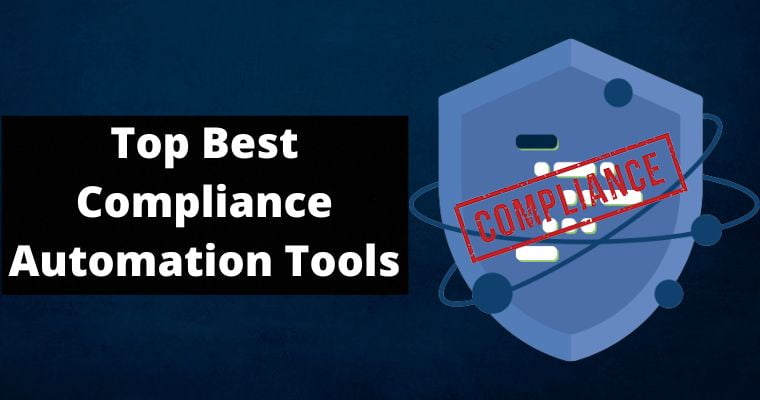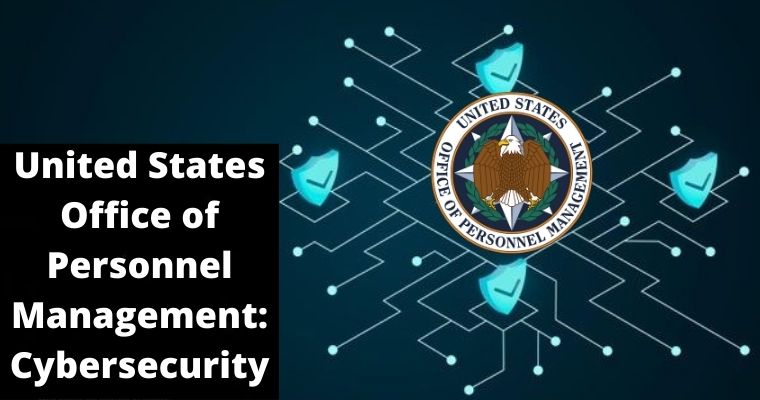Cybersecurity & Ethical Hacking is two of the most flourishing careers in the tech industry.
But, people frequently get confused between both terms, and though both these terms are interconnected but at the same time different from each other as well.
Cybersecurity is a broader area while ethical hacking is a part of cybersecurity only. In this blog, we explore the variation between cybersecurity & ethical hacking in addition to which is the better to pursue!
The two most widely emerging fields in the tech sphere are cybersecurity and ethical hacking. Cybersecurity is a broader category of online & digital security, whereas ethical hacking is considered a division of cybersecurity.
To better know cyber security vs. ethical hacking, it’s significant to first define what “ethical” means in this context.
In short, ethical means behaviors that are considered moral & satisfactory by society as a whole—something you wouldn’t usually think of as hacking.
Cybersecurity is a wide term that encompasses several different aspects of protecting your devices from hackers & other harmful activities.
Ethical hacking, on the other hand, refers to stabbing systems with permission from their owners in order to recognize possible vulnerabilities or flaws in cybersecurity protocols.
Ethical hacking helps decrease any possible errors in a system by using their knowledge to recognize any possible weaknesses. This information is then used to fix these problems before an attack could occur.
An ethical hacker is somebody who identifies & reports security vulnerabilities on a system or network as an unpaid service.
This kind of individual will use similar tools and techniques used by malicious hackers, but their intentions are totally different—they need to protect against attackers!
The aim of an ethical hacker is to recognize and prove vulnerabilities within a system or network so that they can be fixed before somebody with nasty intentions finds them.
Ethical hackers utilize similar tools as black hat hackers, but their motives are totally different.
Their goal is not to get information (or worse) but in its place report on any possible security issues, they find. This allows the information technology group to fix these safety vulnerabilities in a timely.
Table of Contents
Difference between Ethical Hacking & Cybersecurity
The major difference between Ethical Hacking and Cybersecurity is that Cybersecurity deals with the protection technique of security whereas Ethical Hacking deals with the offensive technique of security.
In other words, Cybersecurity measures protect something from exploitation. On the other hand, Ethical Hacking is done to get loopholes in the system & then fix them.
Cybersecurity is the method of safeguarding digital information like networks, programs & systems, from dangers like phishing, ransomware, malware & social engineering.
The individuals who practice this method are called Cybersecurity Experts & they are now an essential part of every corporation which uses the internet & technology.
Ethical Hacking is a different method used to find out vulnerabilities in an existing system. The term “Ethical Hacking” refers to the hacking made by white-hat hackers.
The cause of these ethical hacks is to get possible holes in the system before a black-hat hacker does. Ethical Hacking is one of the several practices used in Cybersecurity.
- Cybersecurity is the procedure of using protective methods to make sure the safety of a system. On the other hand, Ethical Hacking is the process of exploiting & finding weak spots in a system.
- Cybersecurity is a protective process whereas Ethical Hacking is an offensive procedure.
- The technique used by Cybersecurity professionals comprises designing and developing high privileged access, educating the workers, building a strong firewall, etc.
- Methods used by Ethical Hackers comprise phishing, session hijacking, social engineering, etc.
- The job roles for Cybersecurity professionals include safety analysts, SOC engineers, etc. Whereas, the jobs provided to Ethical Hackers are access tester, security manager & others.
- The standard job of Cybersecurity Professionals is to update the system and perform security audits. The normal job of Ethical Hackers is to attack a network to get the vulnerabilities & later report them to the system organization.
Is Ethical Hacking Good For Career?
Ethical hacking has become more and more popular and is nowadays a career path that several professionals are considering pursuing.
This role needs people to think significantly, study situations rapidly, and develop strategies on how they will move forward in order to make sure the security of an organization’s systems and data.
If you enjoy planning out ways to fix possible problems & enjoy the challenge of trying to recognize any flaws in a system, then you might desire to consider becoming an ethical hacker.
Though this career does need a little previous experience with IT systems and technology infrastructure, it is not essentially required for somebody who wants to become an ethical hacker.
Is Cybersecurity Good For Career?
If you are involved in cybersecurity, then you will need to have a much more wide-ranging background within IT systems & infrastructure in order to be successful.
It is for this motive that several people who are involved in becoming cybersecurity professionals usually start out as ethical hackers first before they can move onward with their career path.
Ethical hacking provides the ideal platform for somebody new to IT systems & infrastructure to get their feet wet and help organize them for a possible career in cybersecurity, particularly if they find out that this is not the accurate path for them.
Cybersecurity is a wide term that does not just encompass ethical hacking but there are several professionals who work in cybersecurity-related jobs.
For instance, several people work to defend data from outside threats by using different kinds of software and hardware systems while others might be accountable for managing the whole IT infrastructure of an organization including any kind of software and hardware that is used within the corporation.
Cyber security experts might design different policies in order to ensure that their IT systems remain safe while establishing best practices for workers to follow.
Roles of a Cyber security professional
We know the difference between cyber security & ethical hacking. Now we are going to know the responsibilities of a cyber-security professional and ethical hacker.
The specific roles of both will differ according to the organization, but we can say several general responsibilities of both safety experts & ethical hackers.
As we said, cybersecurity is liable for maintaining the safety of the organization. It is a protection system that provides monitoring of the network and makes policy according to the attacks.
Let us see a number of the roles of cybersecurity professionals below
- The major role of a cybersecurity professional is to maintain safety and check some errors in the network systems
- The help to make the safety system updated and well-organized
- A security professional must check for each security system update available and should install them without delay
- He must keep all the systems & network devices on monitoring for some malicious activity that is from inside or outside
- He should be the responsible person of the organization to give access rights to every person in the organization
- He must make reports on the safety measures and must be responsible if any wicked activity occurs
- He should provide upgrading reports with his suggestions to update the safety if required
Roles of an Ethical Hacker
Ethical hacking is a division of cybersecurity that focuses on penetration testing for finding errors that a hacker can use to enter into organization safety. The role of an ethical hacker is
- The ethical hacker must do a penetration test and check the safety piece.
- He is accountable for searching and finding the weak parts in the safety that might lead to a security breach
- He is responsible for checking all the safety breaches and providing reports for improving the safety of the organization
- He is liable for doing pen tests on the networks devices & systems to check if is there some chance to violate the safety
- He has to offer complete reports regarding the risks & possible points that lead to safety breaches and what he did to determine them.
- He has to communicate with a safety professional about the potential attacks, and how that attack impacts the business.


